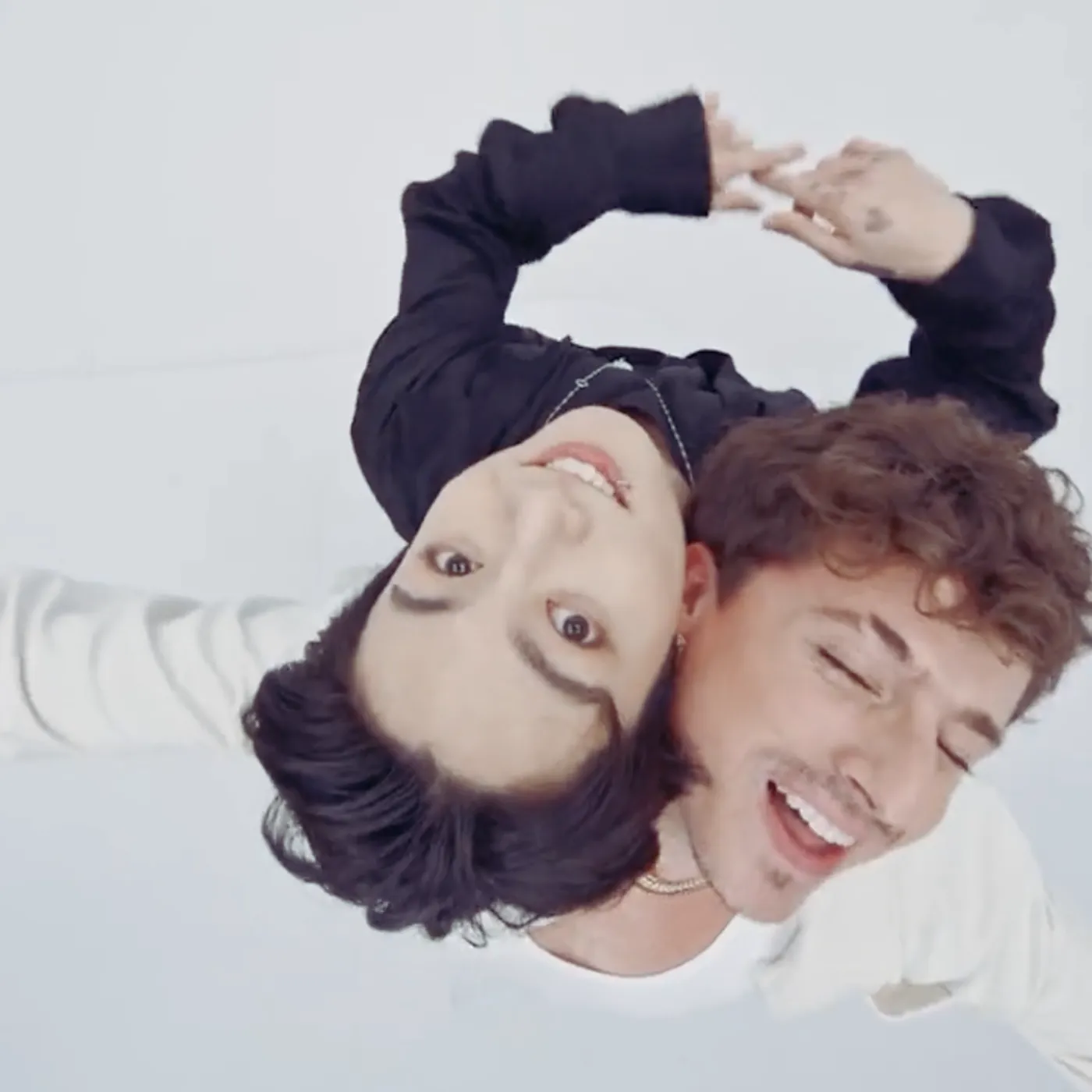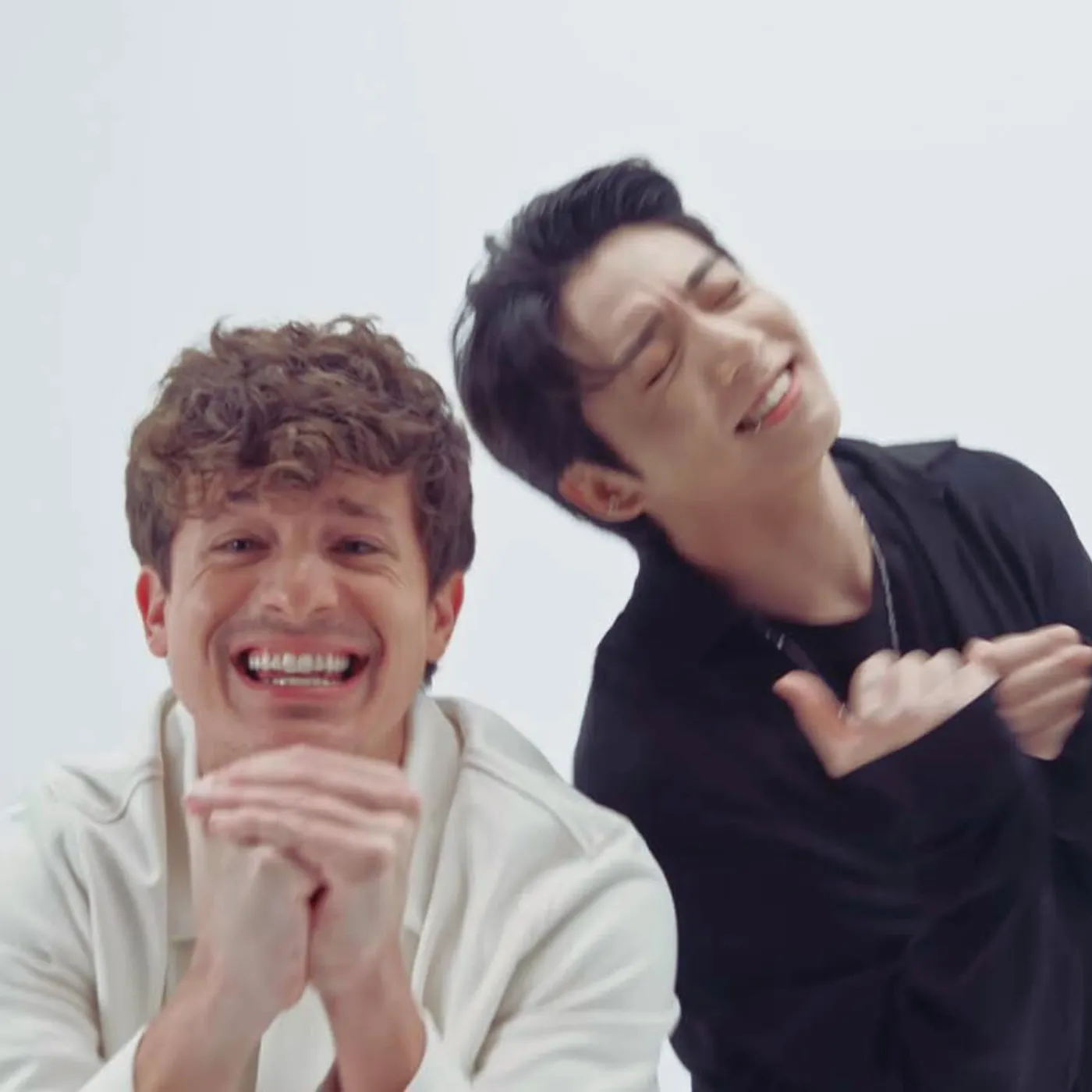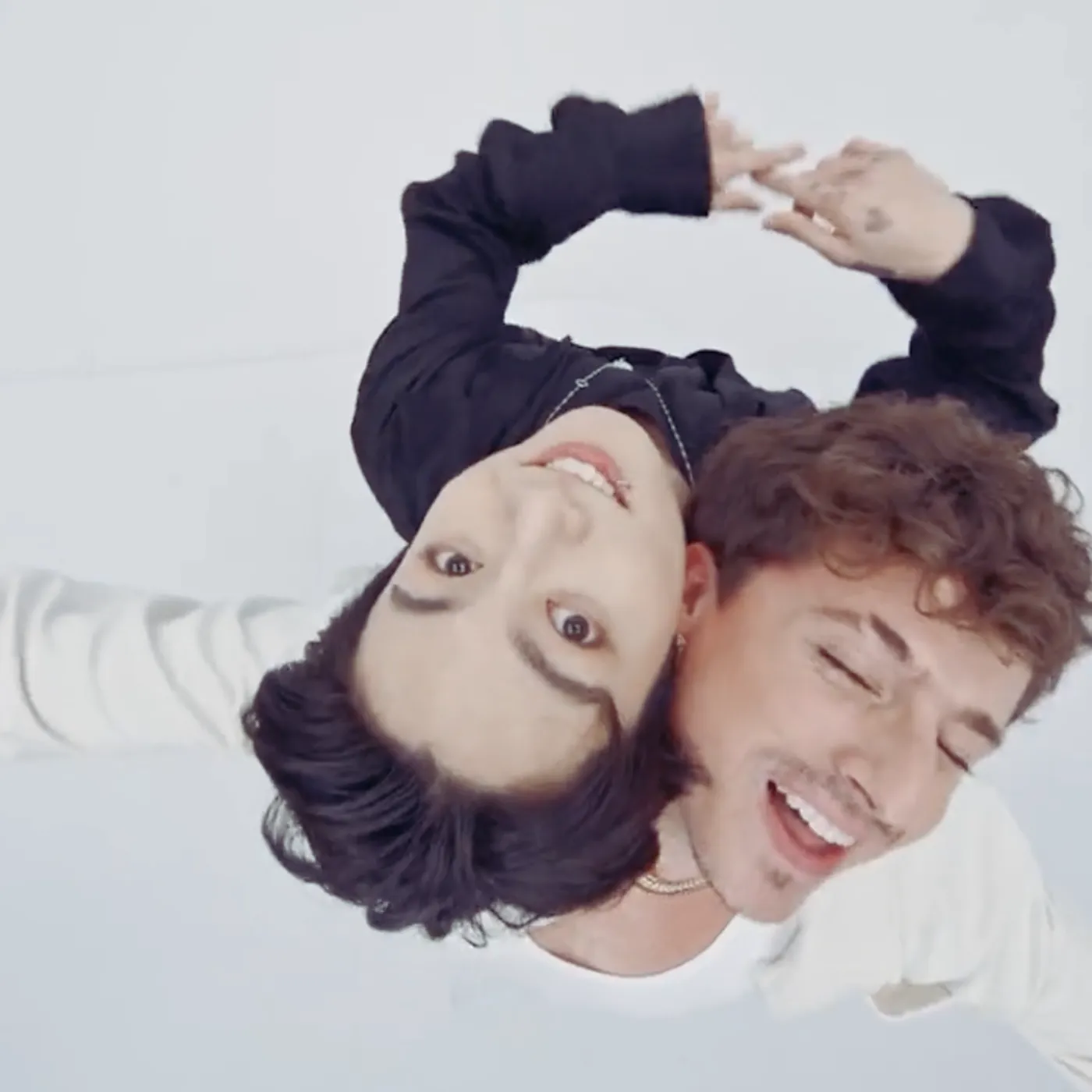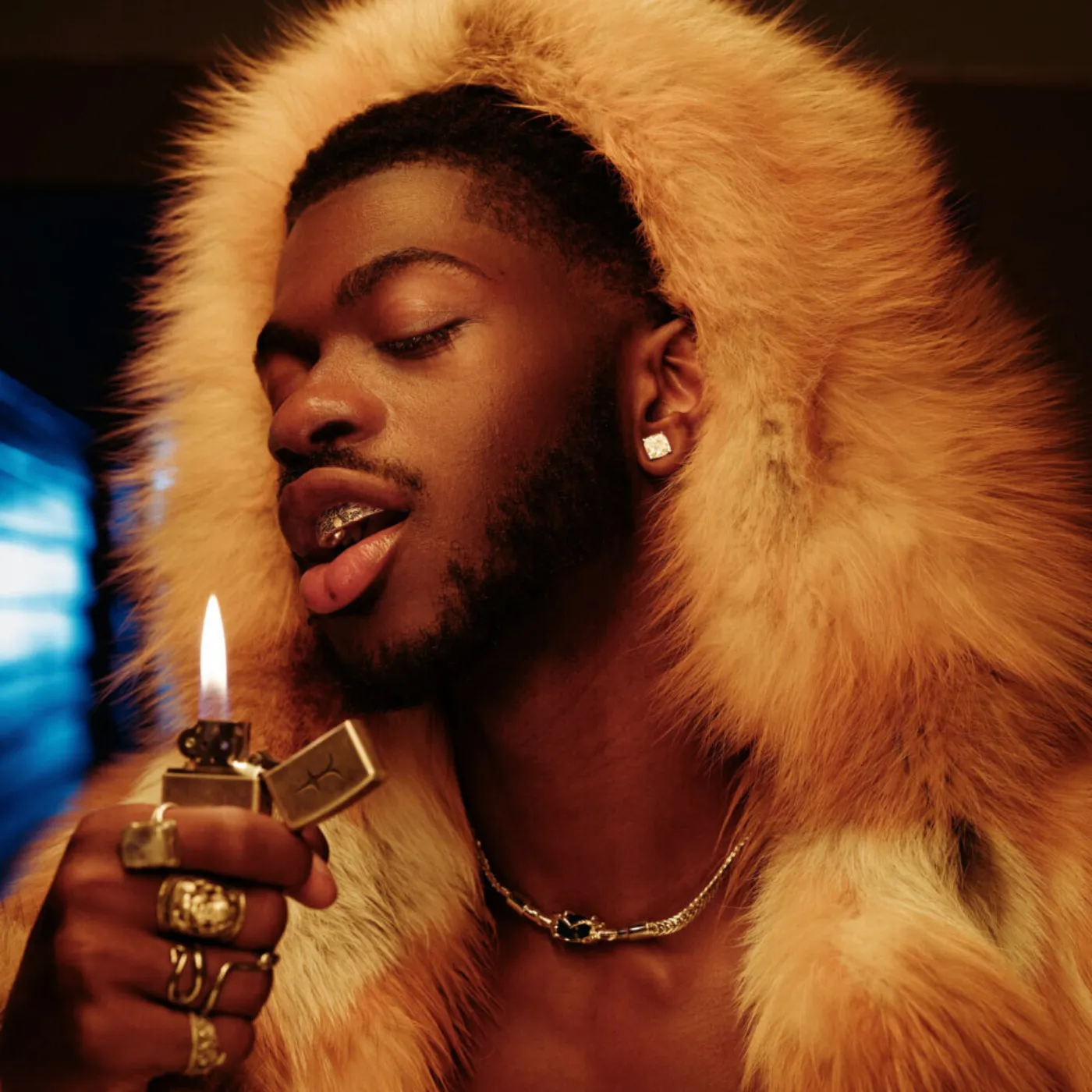

Charlie Puth Thought It Was Just Another Song — Then It Took Over His Life
It was supposed to be a catchy collab. A quirky track with a clean hook, a dash of TikTok potential, and a feature from a global star to spice things up. That’s it. But three years later, “Left and Right” refuses to fade.

Released in June 2022, the Charlie Puth–Jungkook joint project did more than just chart. It dominated timelines, rewrote streaming records, and blurred borders in a way that neither artist—and certainly not Puth—could have predicted. Today, with over 2.5 billion streams globally and more than 12 million units sold worldwide, “Left and Right” has solidified its place not just in the pop canon but in pop culture history.
So how did this “simple collab” become one of the most successful global hits of its decade? And what did it do to Charlie Puth, the artist who once admitted he didn’t even want to be in the spotlight?
The answers are messier than you think—and far more revealing.
A Song That Wasn’t Supposed to Lead
In Puth’s own words, “Left and Right” was an experiment. The track wasn’t meant to define a career, or spark a fandom war, or serve as a cultural flashpoint. It was meant to be fun. But it didn’t stay in that lane.
“I just wanted to make something earwormy and off-kilter,” Puth said during a 2023 interview.
“I didn’t expect it to blow up the way it did. I don’t even think we planned it as a single at first.”
But when you pair Charlie Puth’s melodic IQ with Jungkook’s global magnetism, things don’t stay small. And that’s exactly what happened. The song didn’t just trend—it detonated.
How a K-Pop Feature Reshaped a Western Artist
There’s no denying it: much of “Left and Right’s” virality came from Jungkook, the youngest member of BTS and one of the most recognizable faces in the music industry. His fanbase—known for its intensity, loyalty, and algorithm-dominating strength—propelled the track into every corner of the internet.
But here’s what no one expected: instead of overshadowing Charlie Puth, Jungkook amplified him.
For once, a K-pop feature on a Western artist’s track didn’t feel like a marketing gimmick. It felt cohesive, organic, and oddly intimate.
“It wasn’t just Jungkook jumping on a song,” Puth said. “He brought a feeling that elevated the entire track.”
And the numbers prove it. The song hit the Top 10 in over 25 countries and became one of the fastest-streaming collaborations of 2022. More impressively, it held steady—with consistent Spotify streams and YouTube views for months after its release.
The Numbers Don’t Lie—But the Impact Goes Deeper
Let’s break it down:
2.5 billion streams across platforms
12 million units sold globally
Certified multi-Platinum in the U.S., Korea, Japan, and several European markets
Ranked among the most streamed tracks by an Asian act in U.S. history
400K+ user-generated TikTok videos using the sound

But behind the numbers lies something bigger: “Left and Right” proved that global pop no longer needs to choose a language, a face, or a market.
For Charlie Puth, this meant a shift in perception. No longer just the “quirky pop guy with perfect pitch,” he became the centerpiece of a track that redefined cross-cultural collaboration.
It didn’t hurt that the song’s music video—featuring disjointed body parts and chaotic therapy sessions—felt tailor-made for meme culture. But even beyond that, the track tapped into something more emotional.
“It’s about love that won’t leave your head,” Puth explained.
“Left, right—you feel it everywhere. That obsession, that memory. We’ve all been there.”
From TikTok Genius to Global Collaborator
Before “Left and Right,” Charlie Puth was already a TikTok darling. His beat-making videos, pitch demonstrations, and strange thirst traps had earned him millions of followers. But there was also a lingering perception that he was more algorithm than artistry—more meme than musician.
This song changed that.
For the first time in years, Charlie was being talked about for the music again—not the weird videos or the awkward interviews or the “thirsty” online persona. He was making a hit that people felt.
And yet, the track’s massive success came with consequences.
Fame You Can’t Shake Off
Since the release of “Left and Right,” Charlie Puth has been constantly asked about Jungkook—in press junkets, fan Q&As, and even during unrelated interviews. Some fans (and critics) argue that he became too associated with the collab, risking the erosion of his solo identity.
One tweet summed it up like this: “Did Charlie Puth go viral? Or did Jungkook lend him a viral moment?”
Others went further: “Charlie’s biggest hit in years needed a K-pop cosign. That says it all.”
These kinds of comments, while harsh, touch on an uncomfortable truth: “Left and Right” elevated Charlie—but also shackled him to an identity some say isn’t entirely his own.
Even Charlie himself seems aware of the double-edged sword.
“I’m grateful for what that song did,” he said. “But yeah, it’s not easy being known for just one thing.”
The Anniversary That Hits Harder Than Expected
Now, three years later, “Left and Right” continues to stream like a newly released single. TikTok edits still flood For You pages. Fans still spam requests at concerts. And Charlie? He still performs it—but now with a strange mix of nostalgia and ambivalence.
He knows this track isn’t just a chapter in his discography. It’s a milestone he didn’t see coming—and can’t quite outrun.
It’s not his biggest vocal showcase. It’s not his deepest song. But it might be the most important one he’s ever released.

Final Word
“Left and Right” isn’t just a hit. It’s a global moment—the kind that cracks open new markets, disrupts legacy thinking, and forces even seasoned artists to rethink who they are.
For Jungkook, it was another step into solo relevance. For Charlie Puth, it was something much messier: an unexpected detour that reframed his entire career.
And here’s the twist—he never planned it that way.
“It’s funny,” he said. “The song I thought was just a side project ended up following me everywhere.”
Call it fate. Call it strategy. Call it algorithmic magic.
Whatever it was, it worked.
And three years later, the echo still hasn’t faded.



















Post Comment